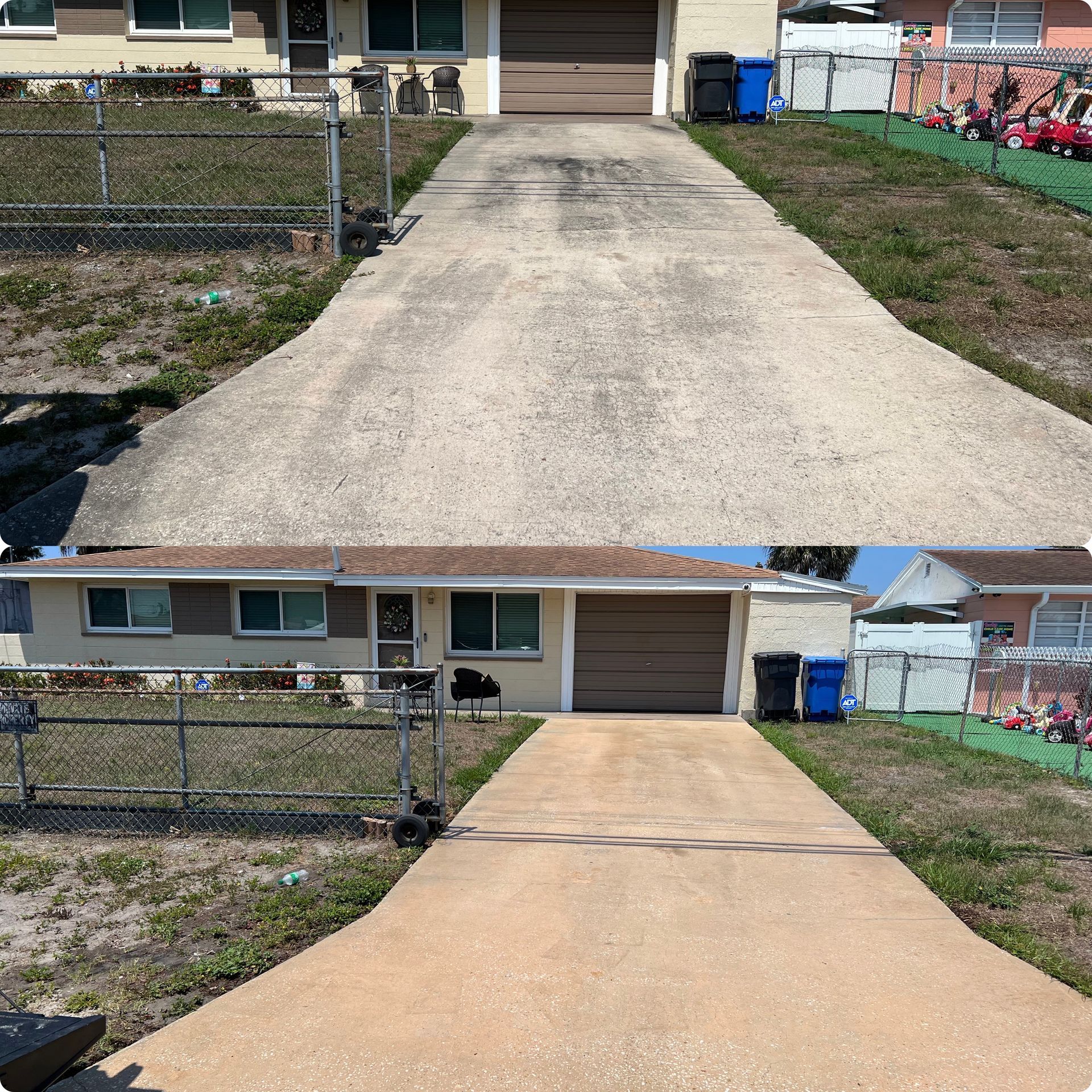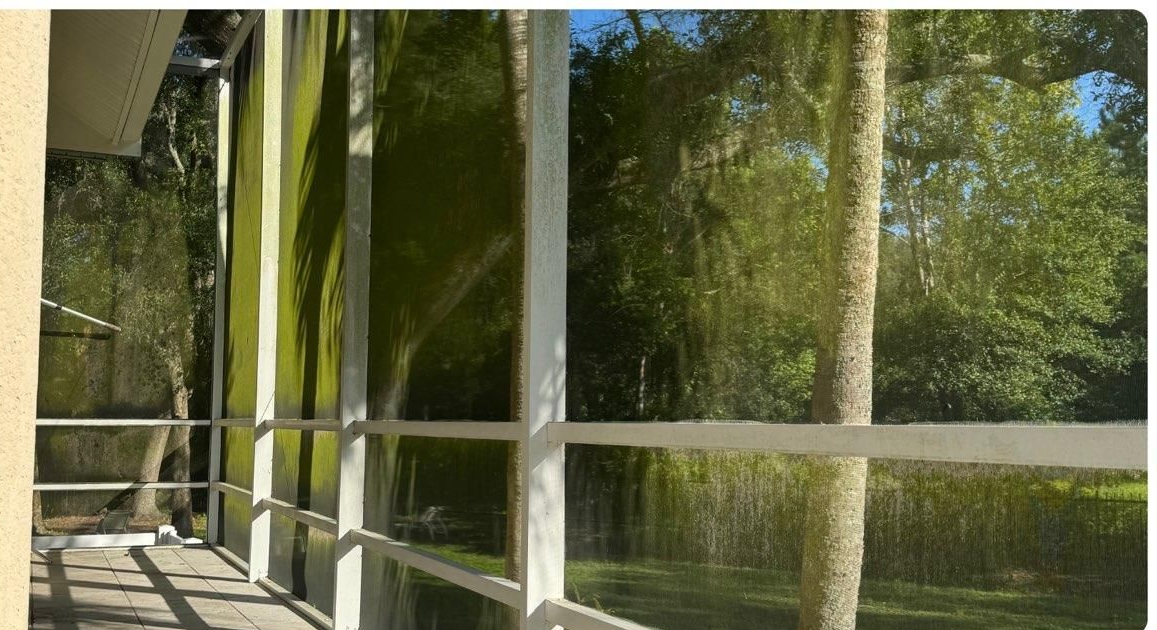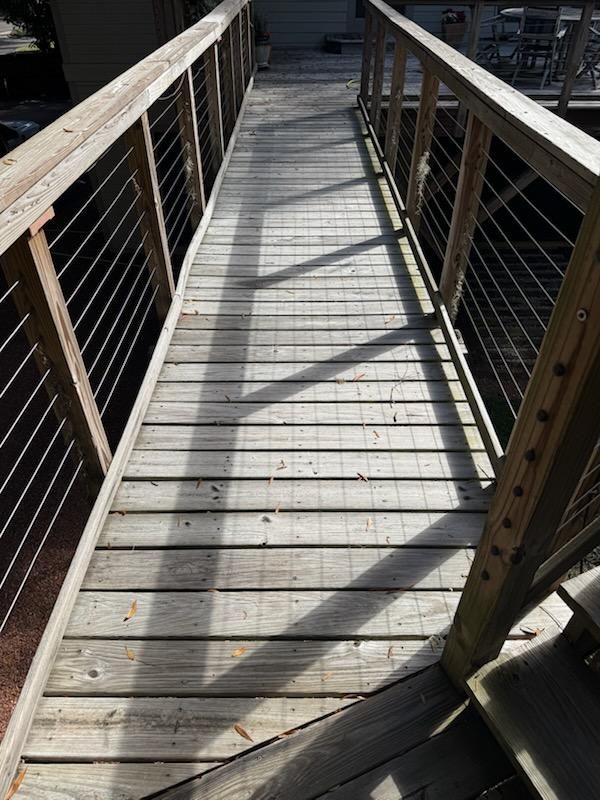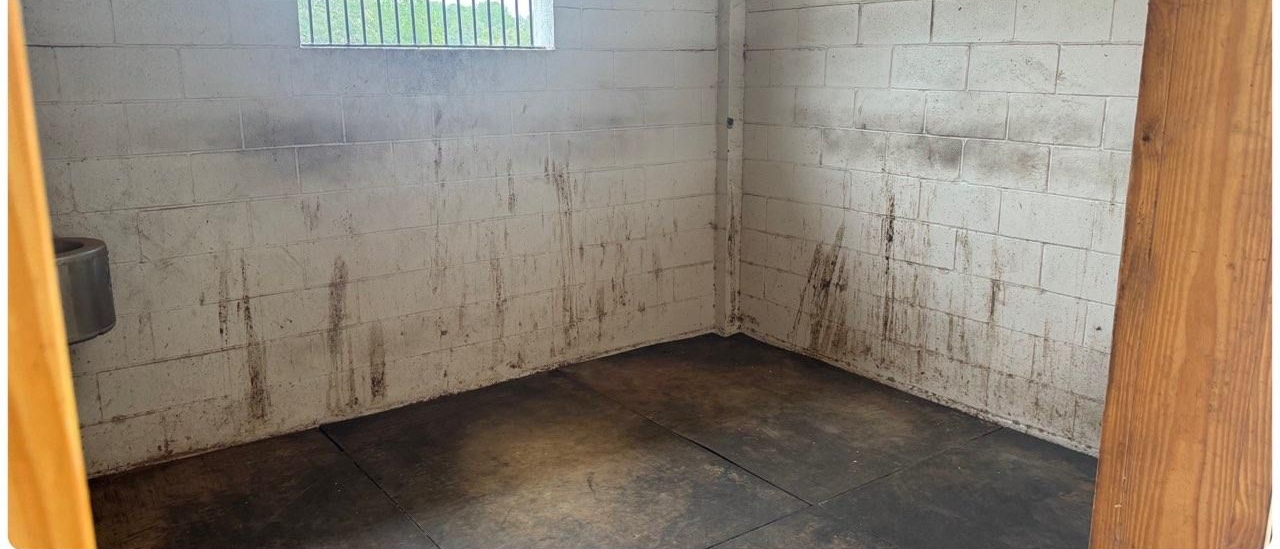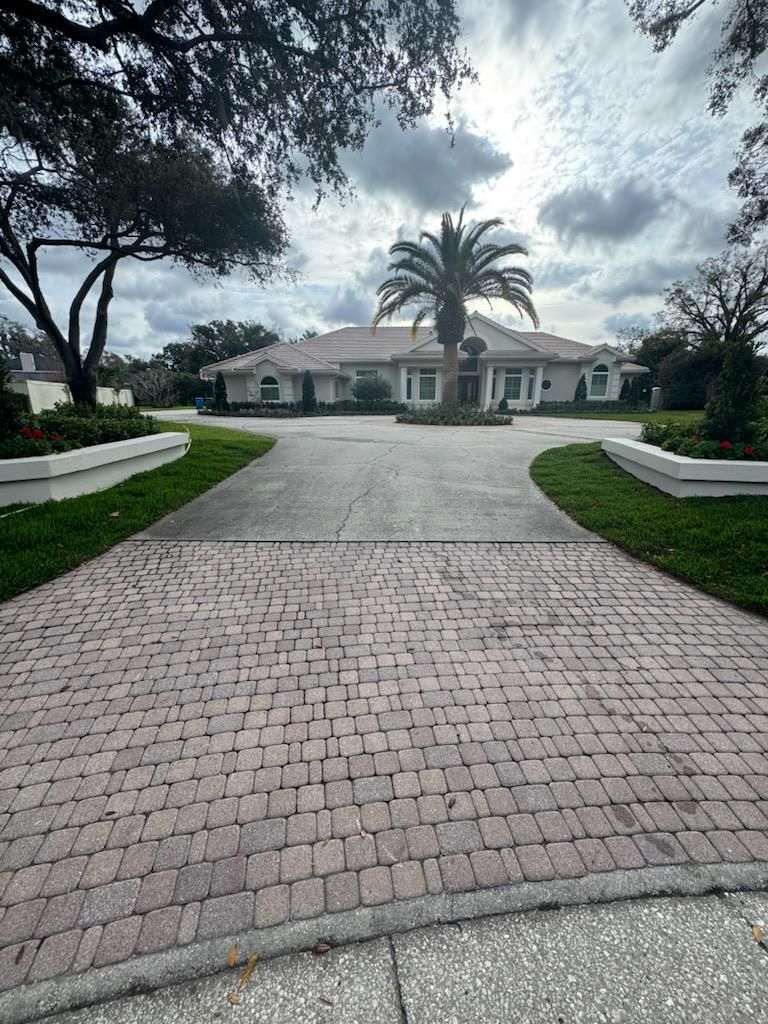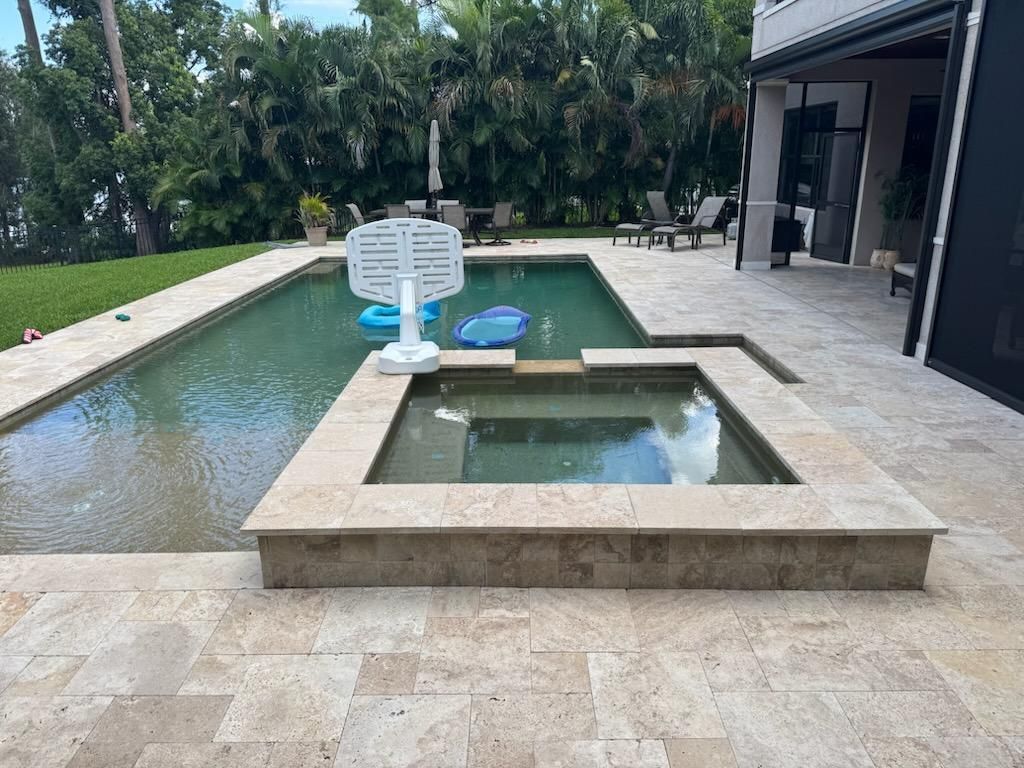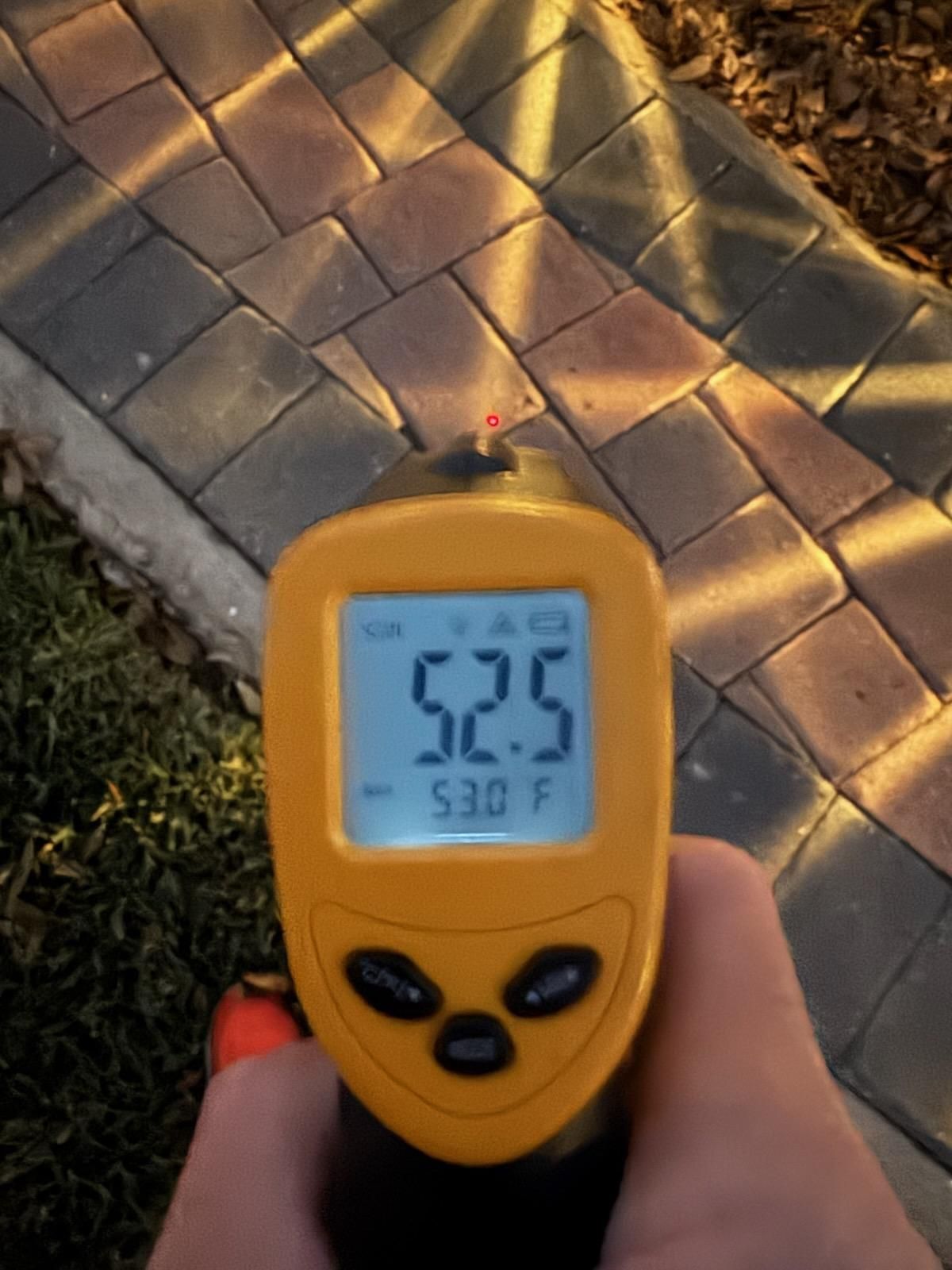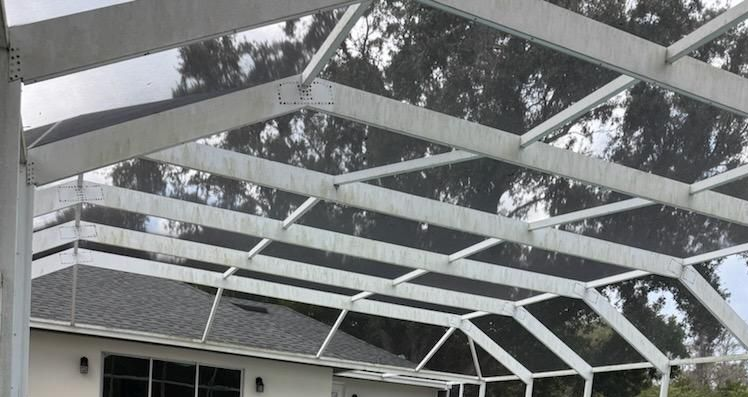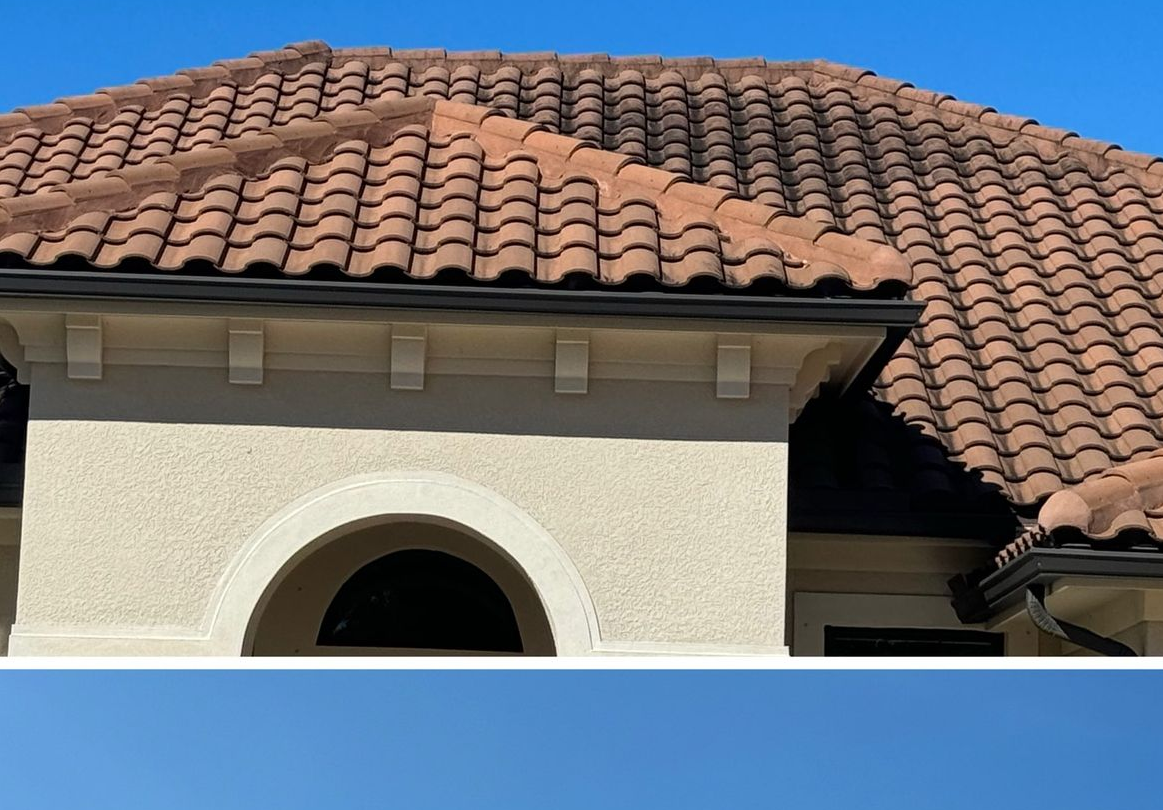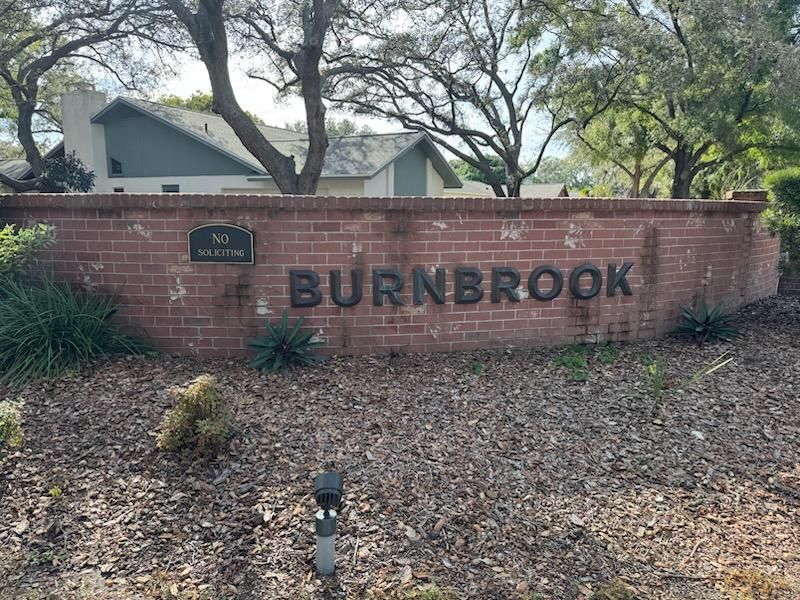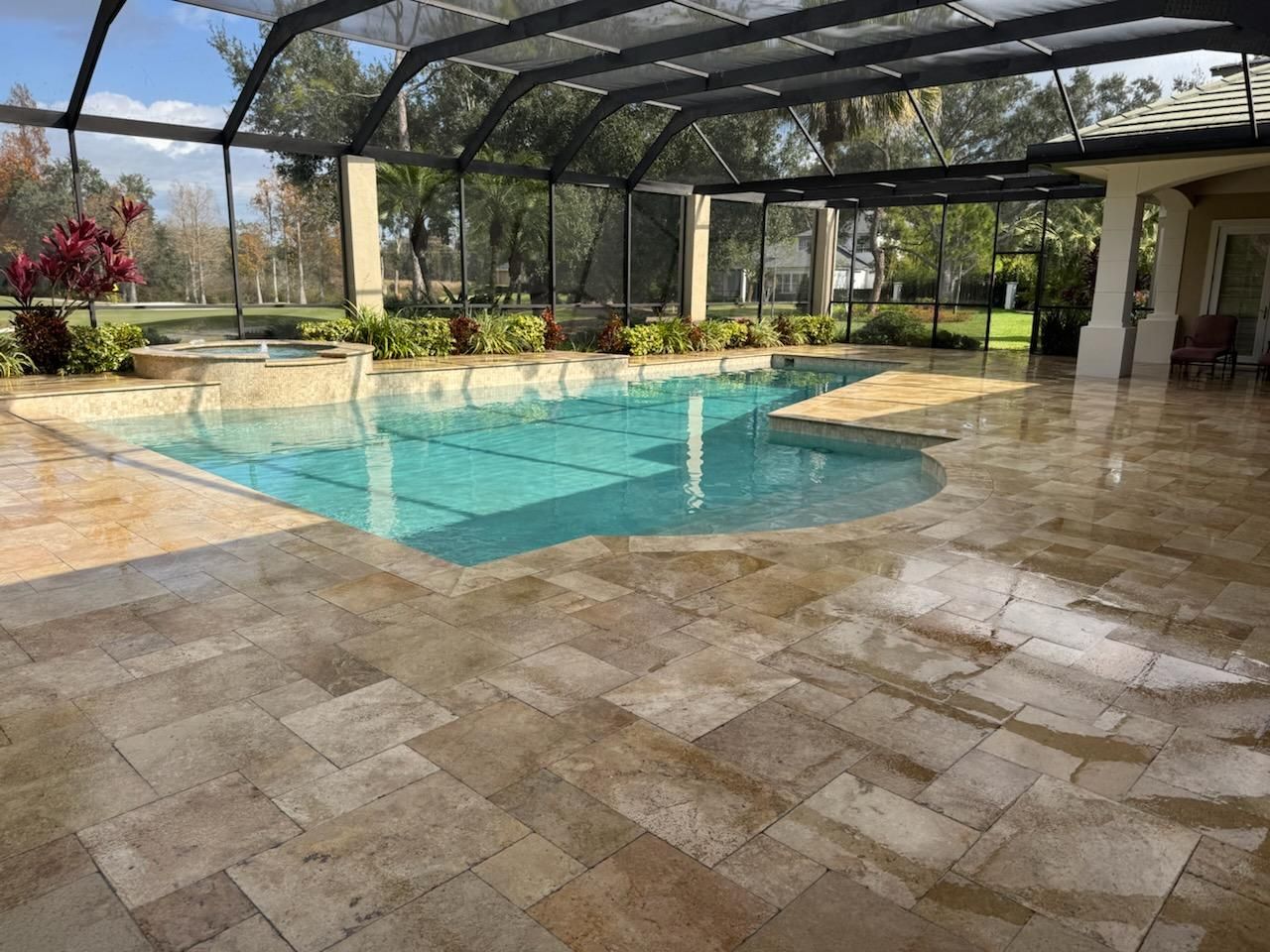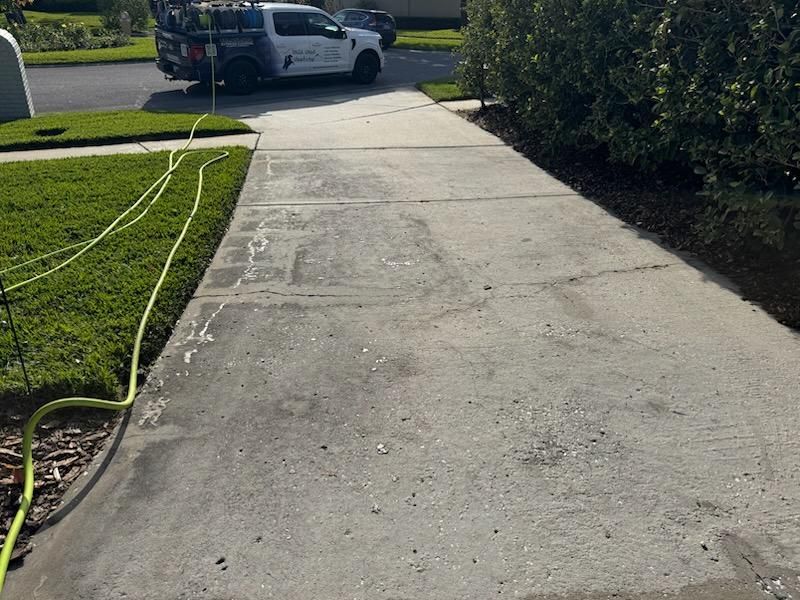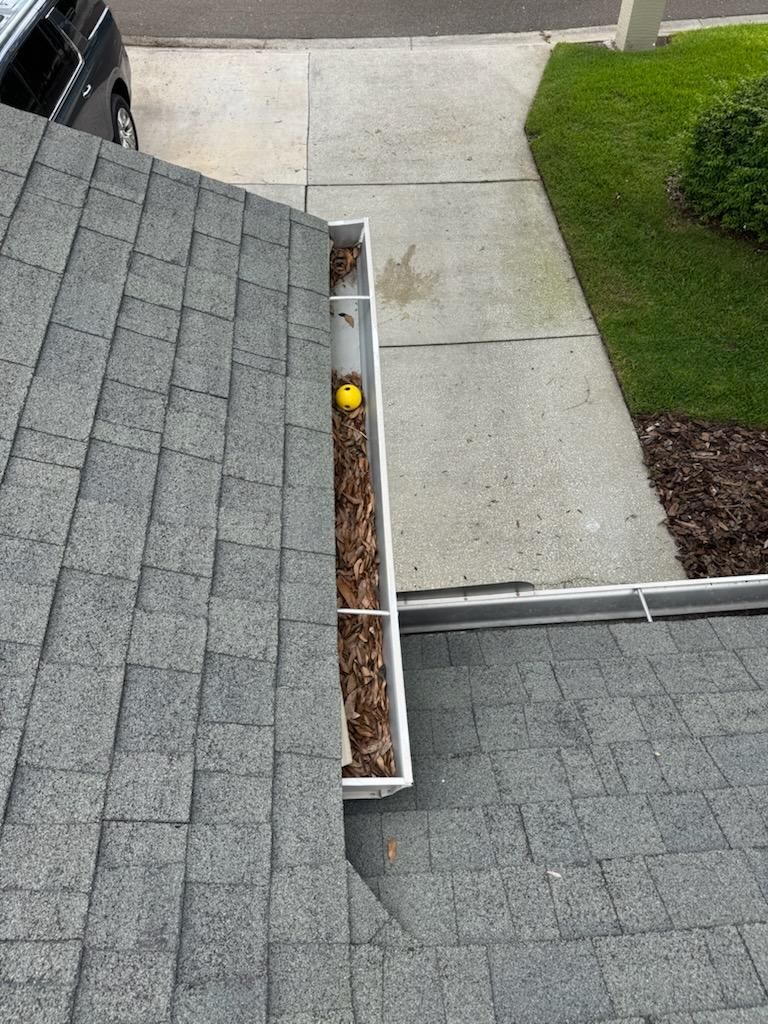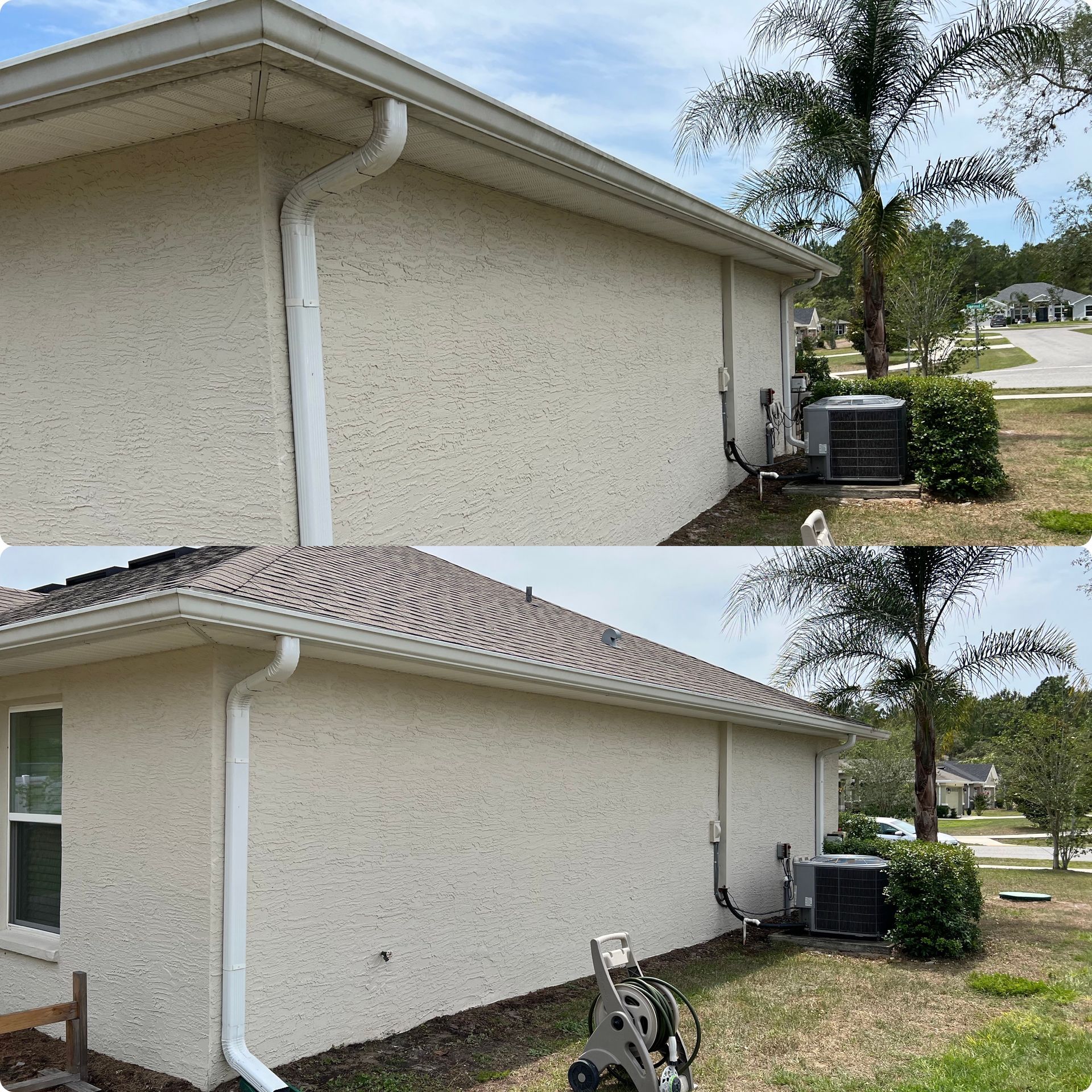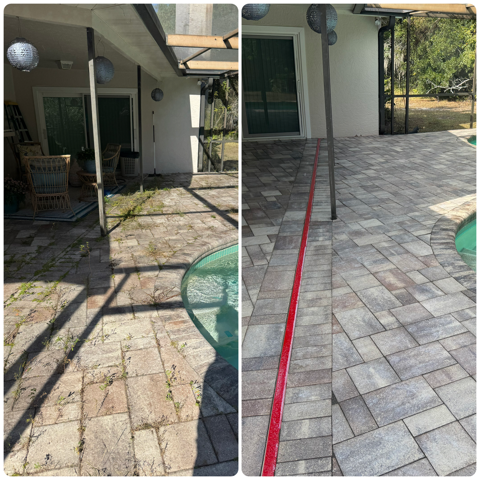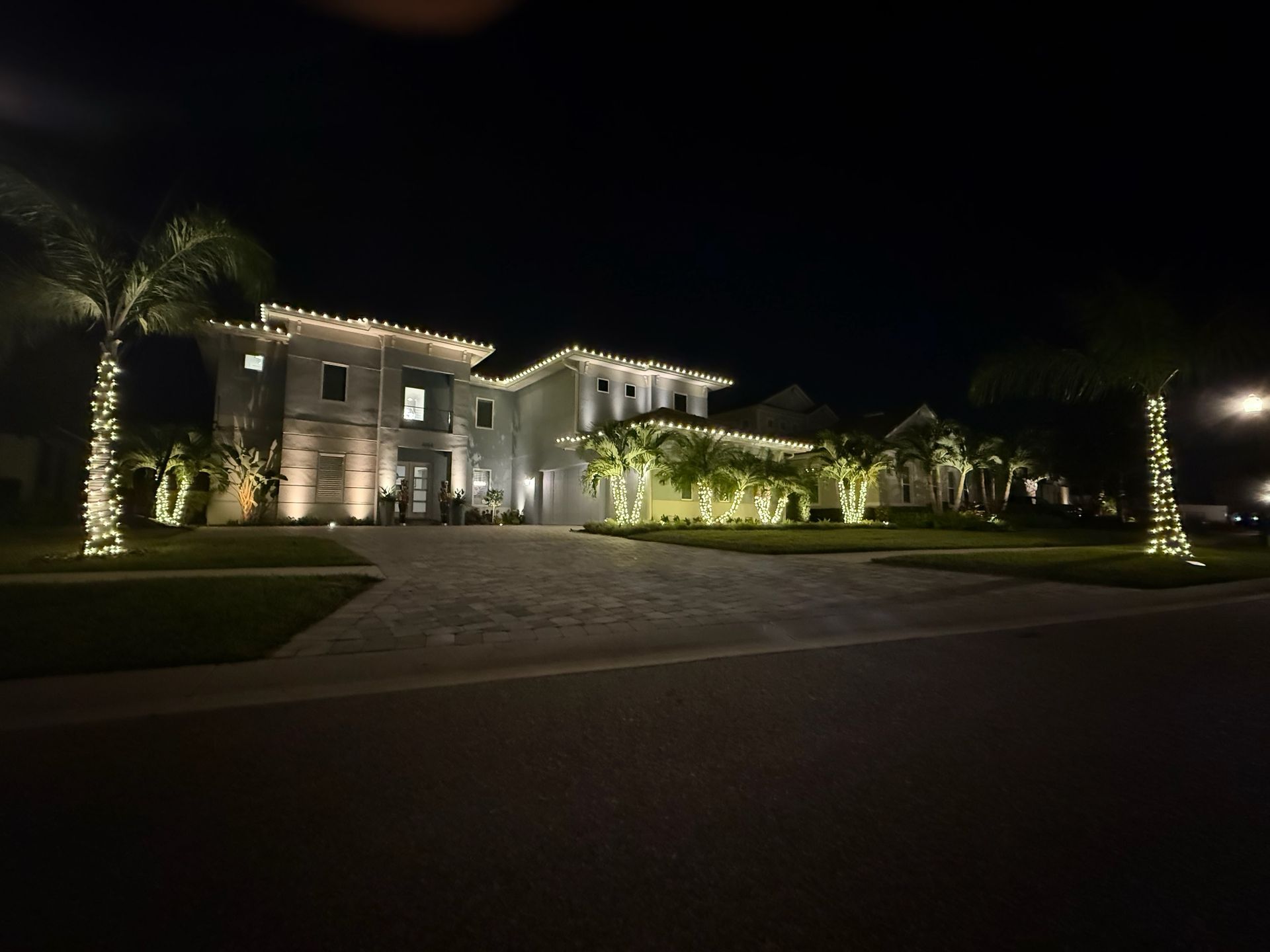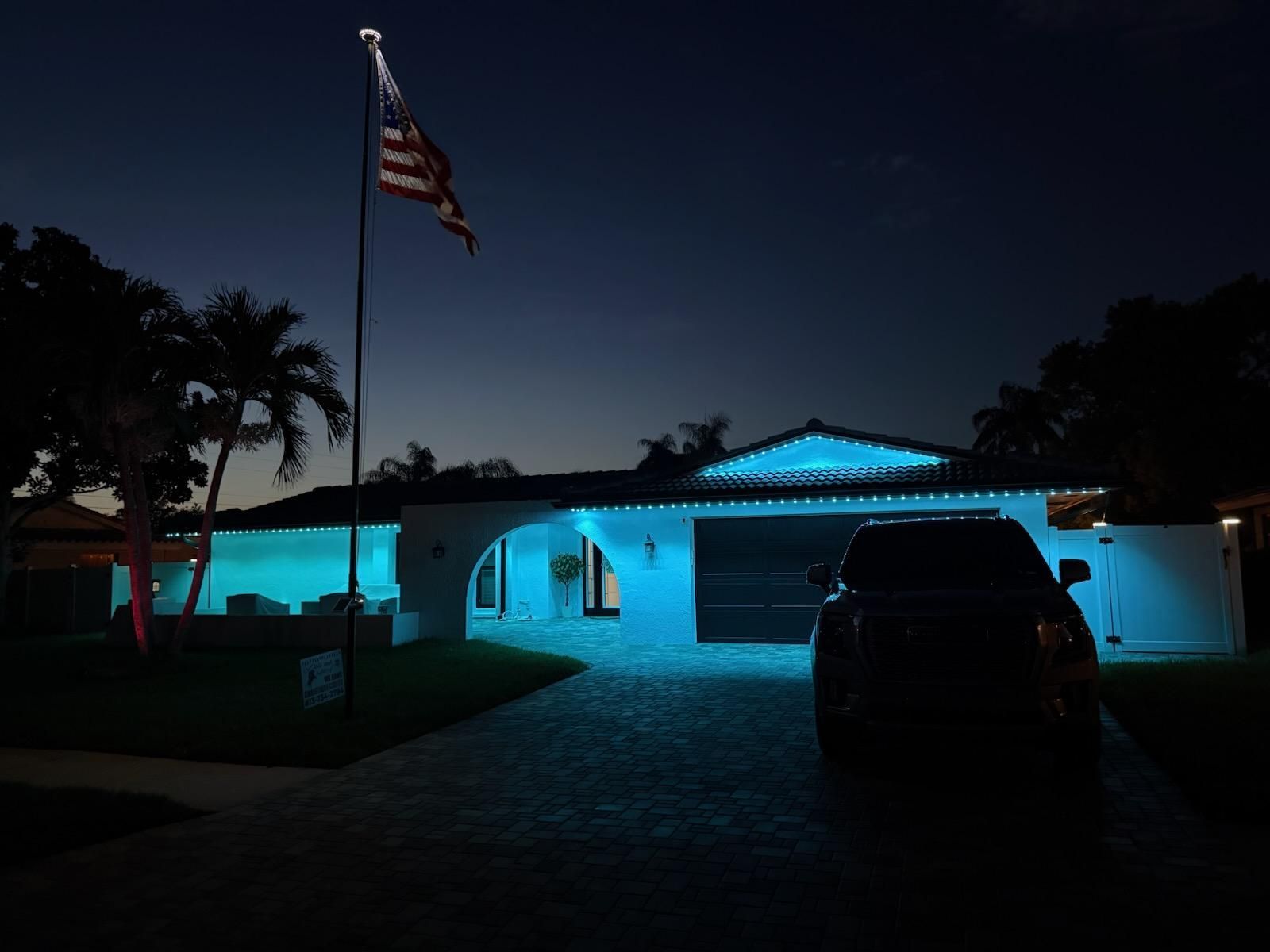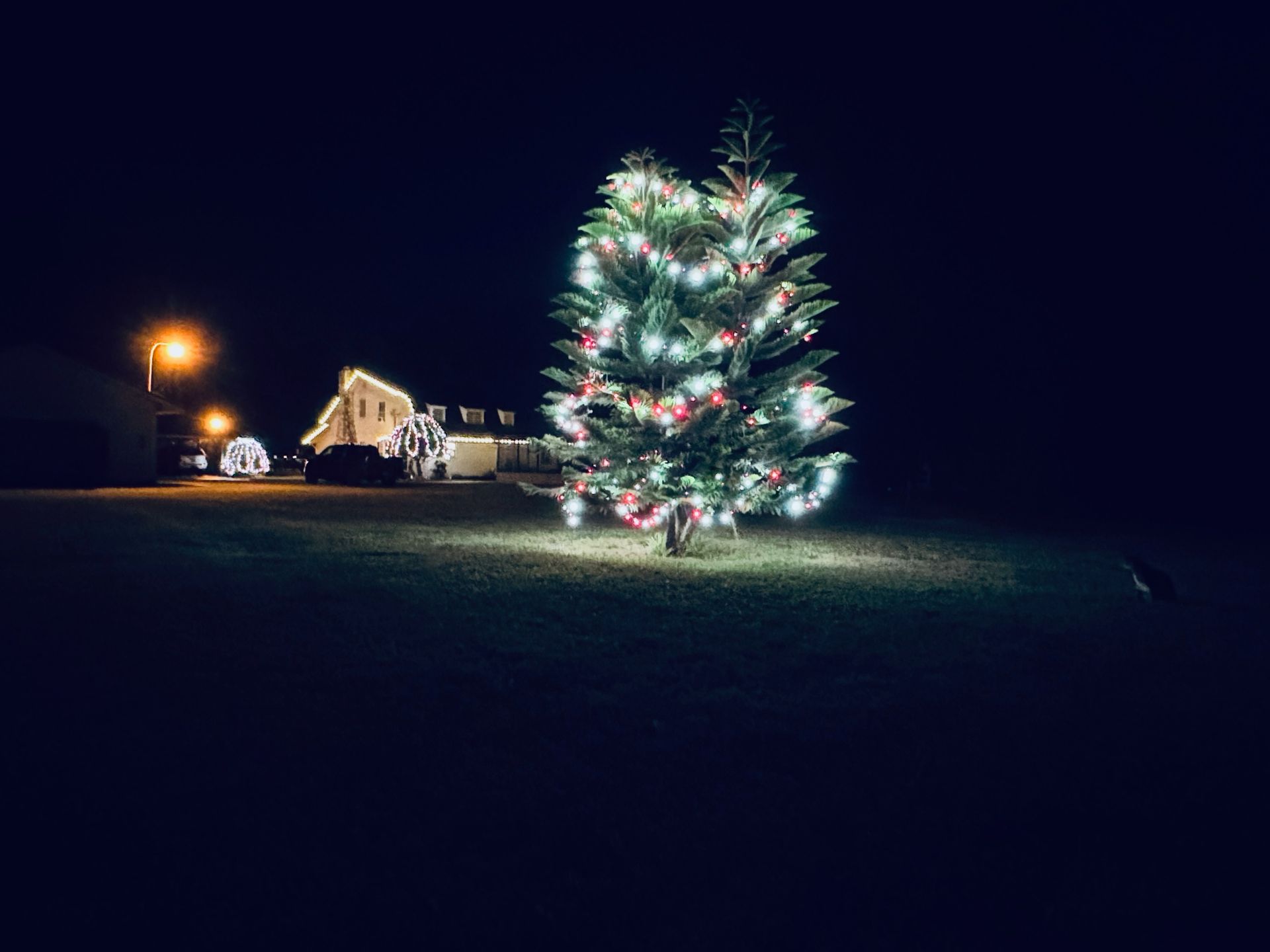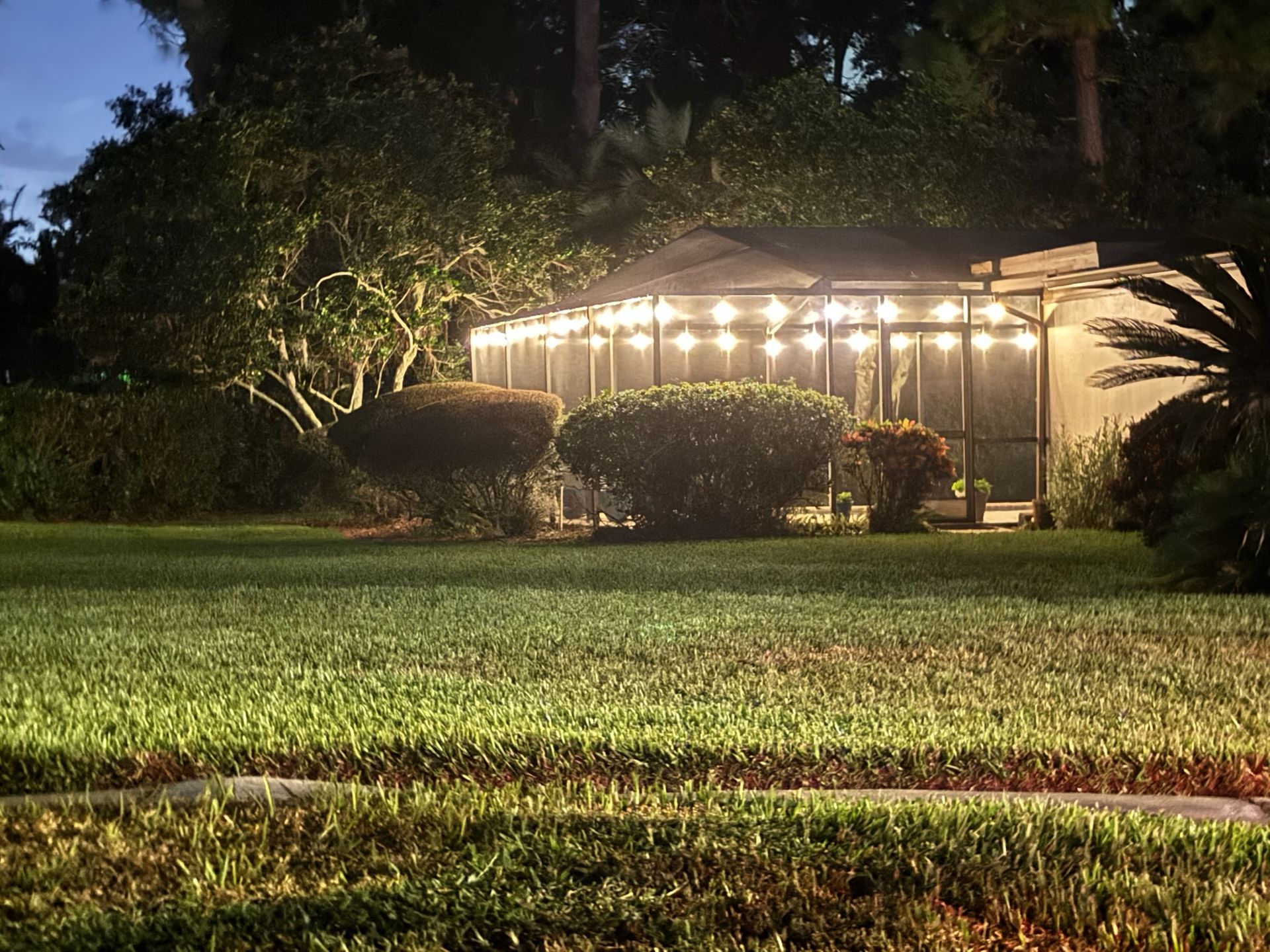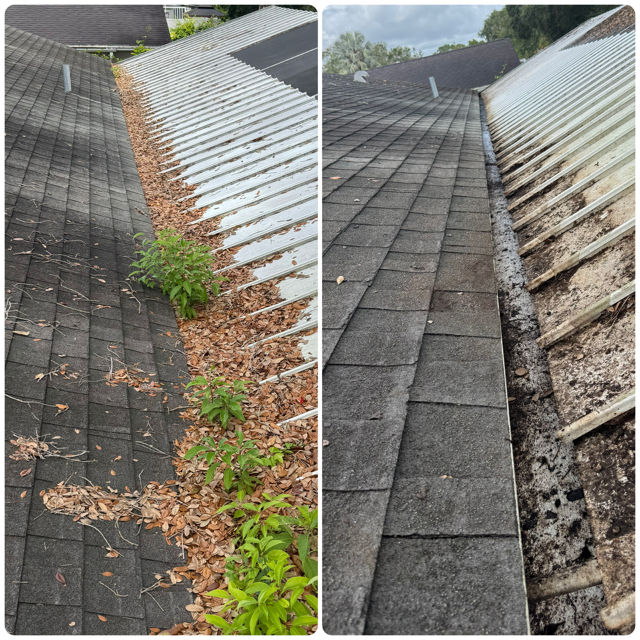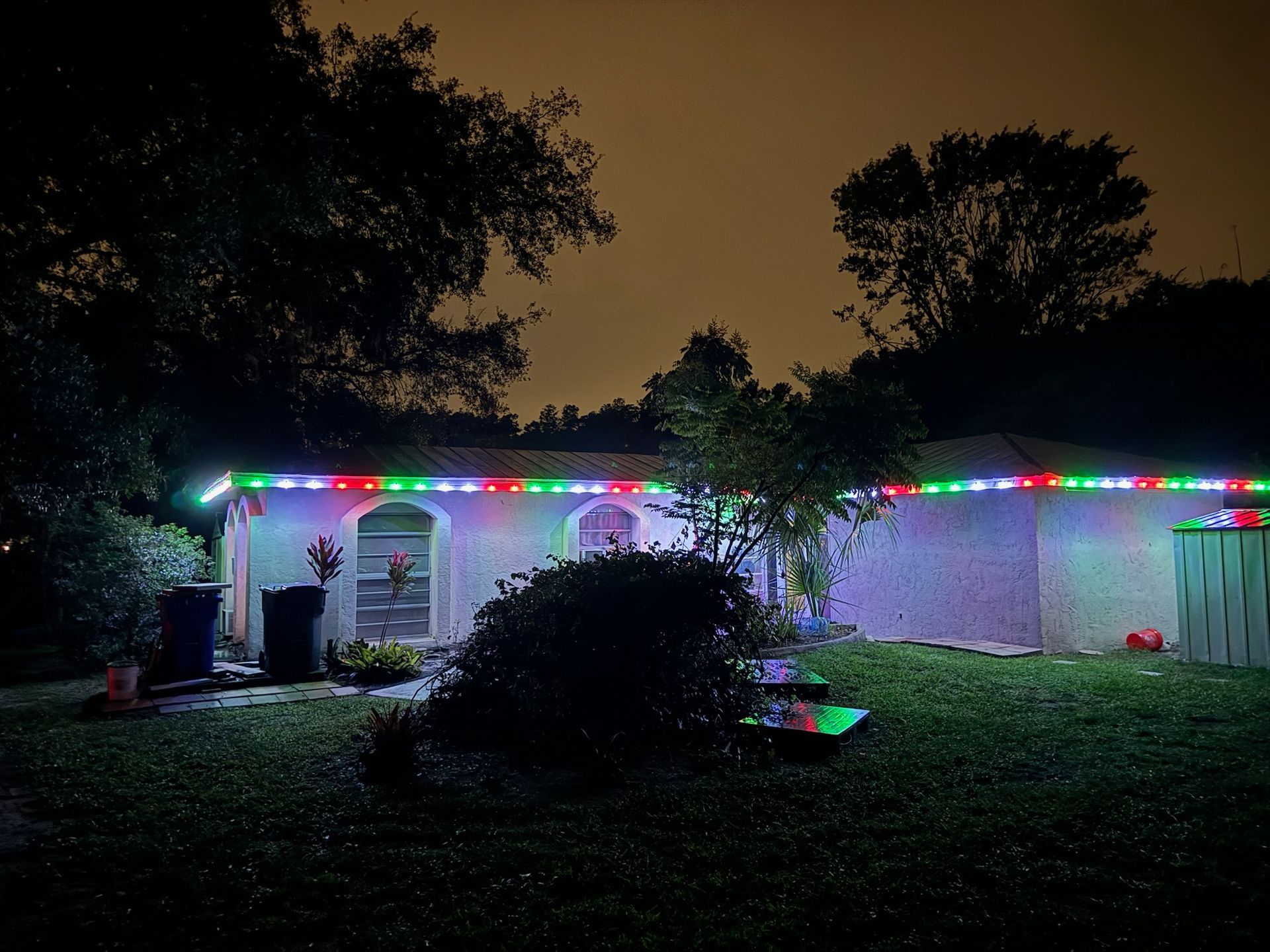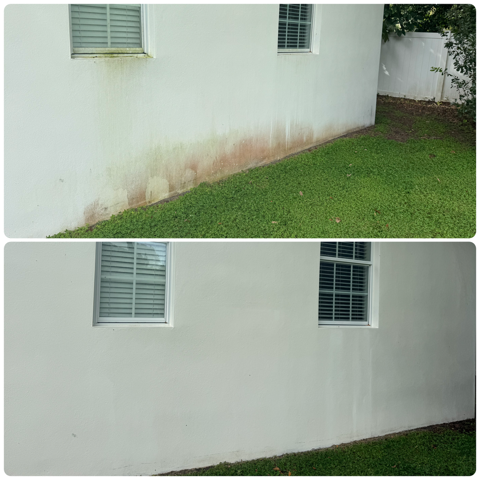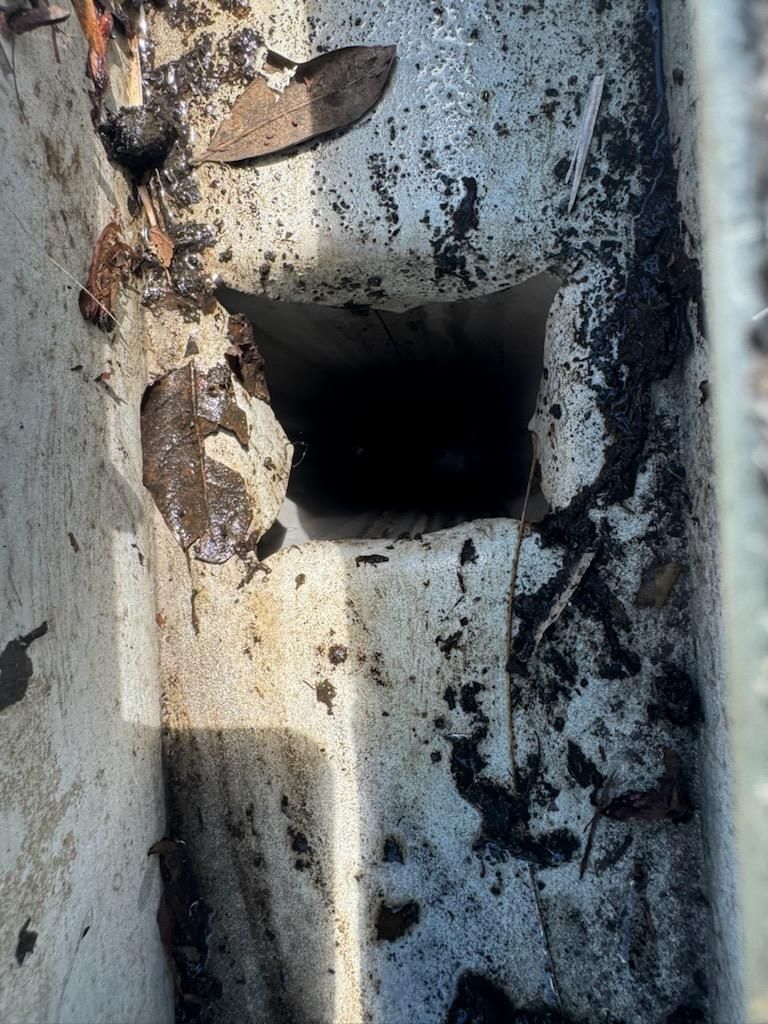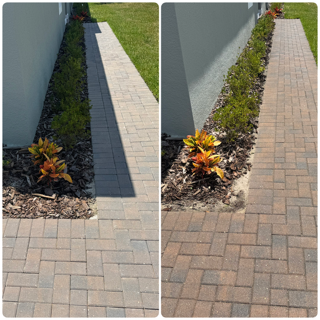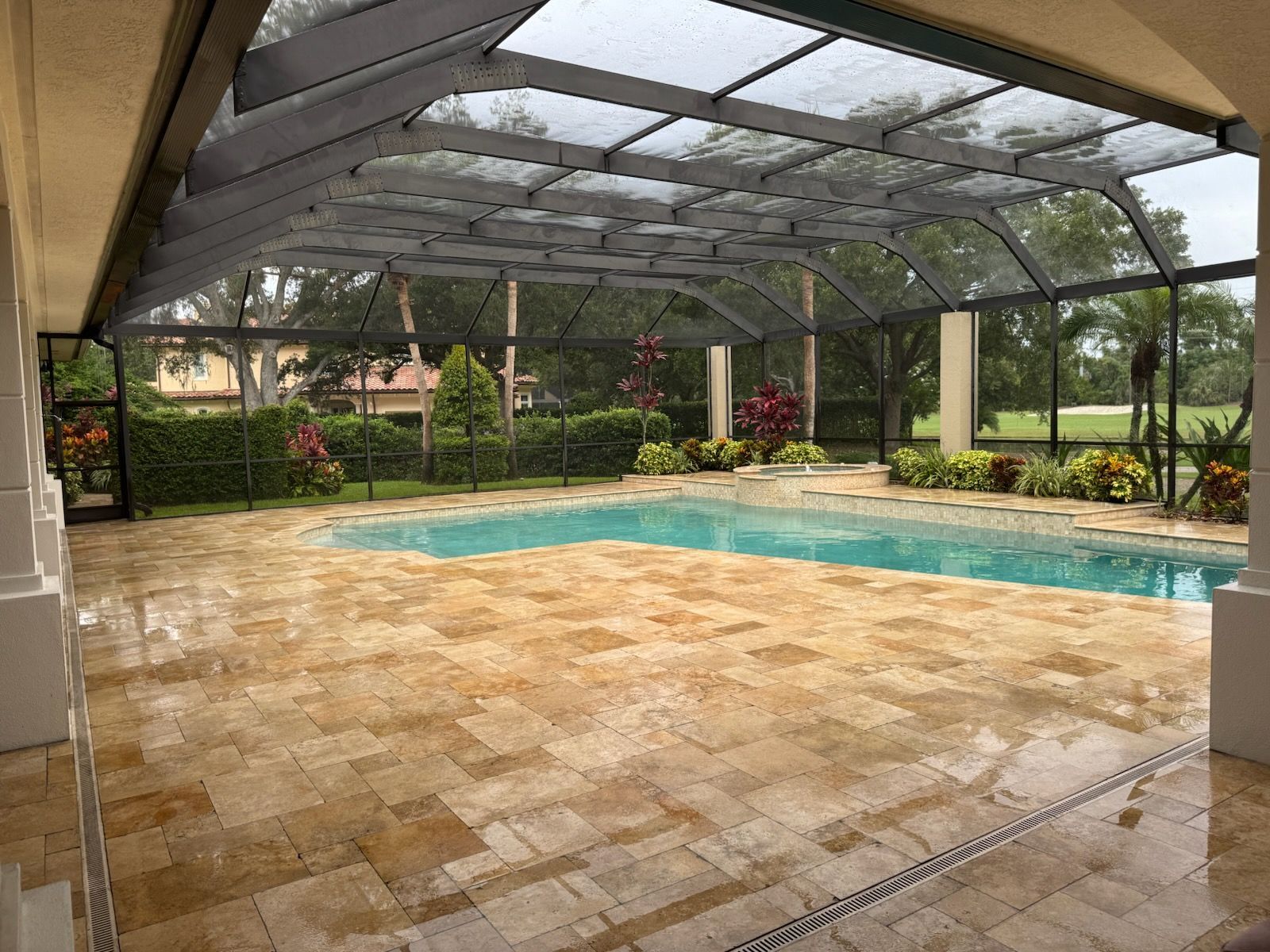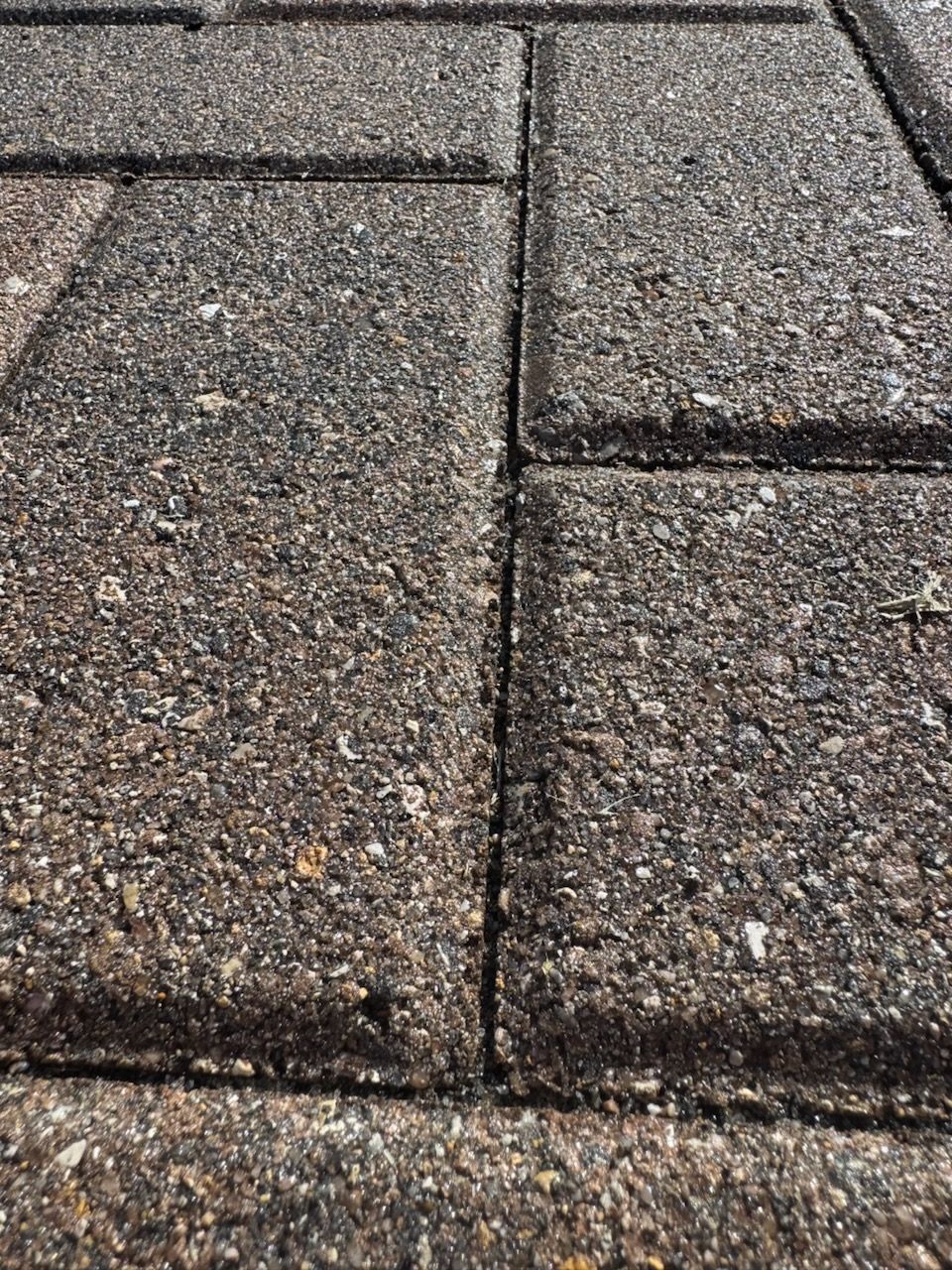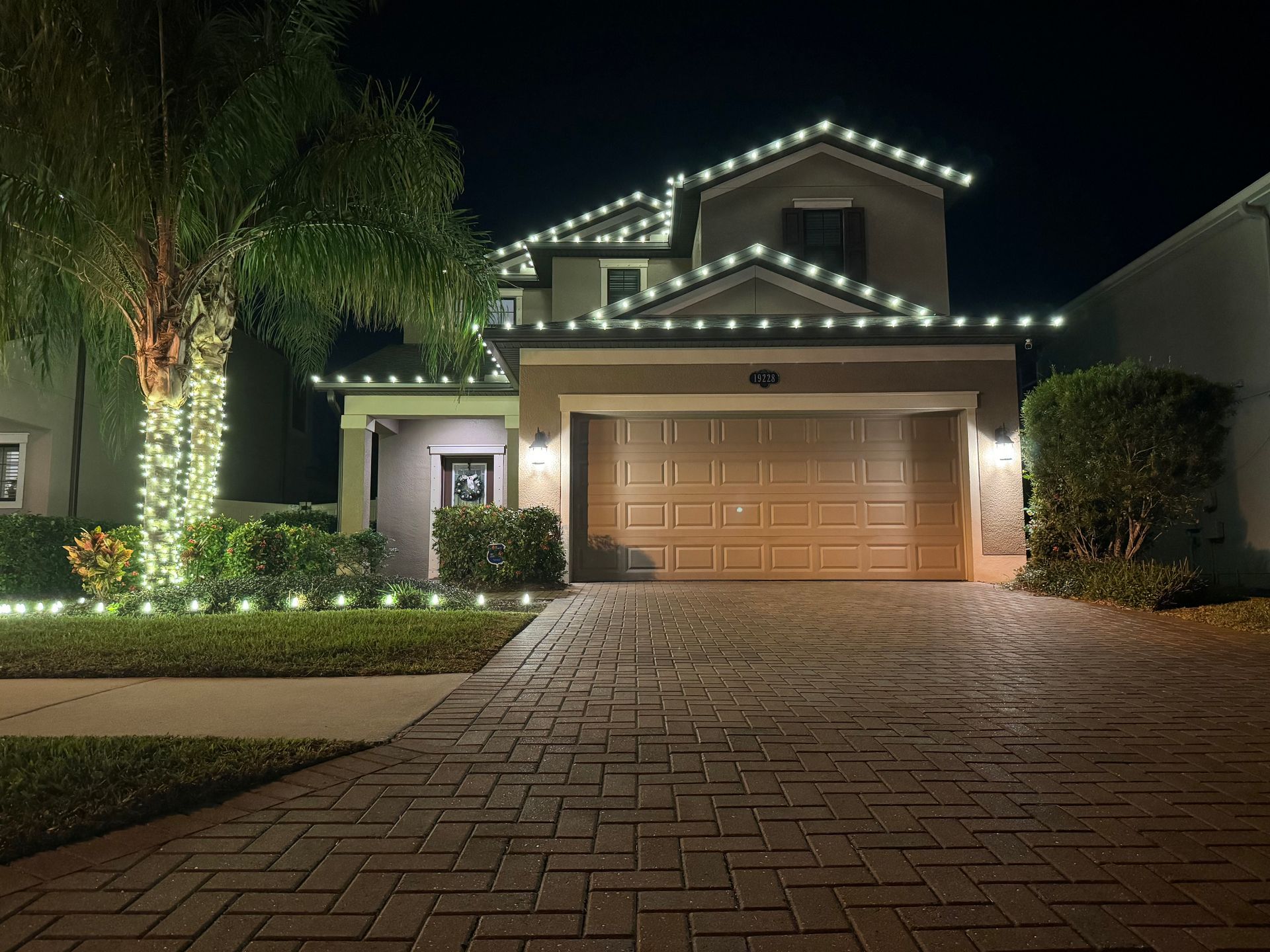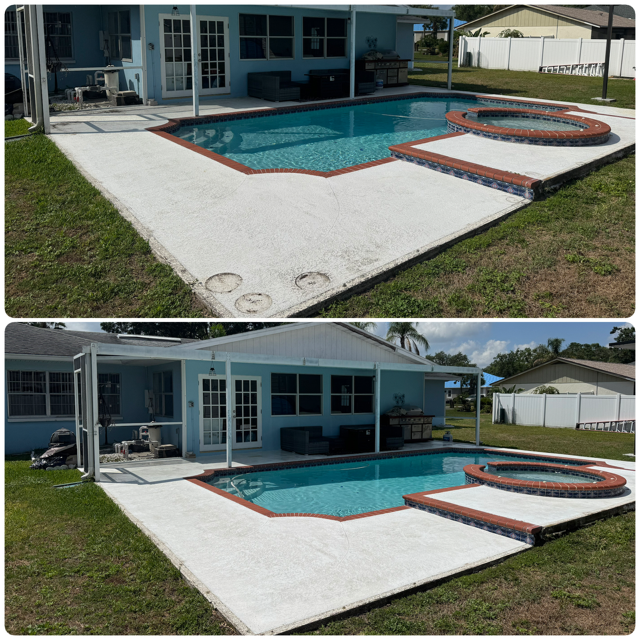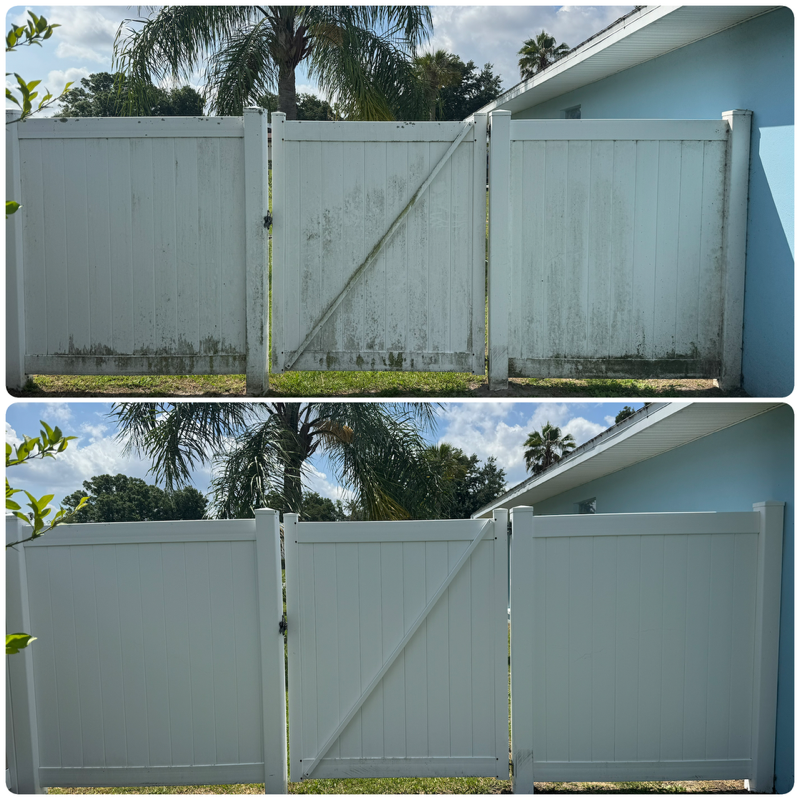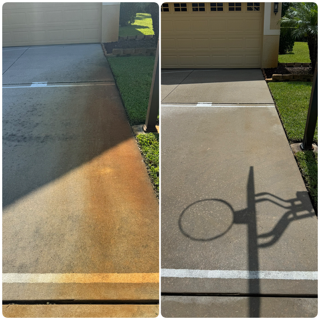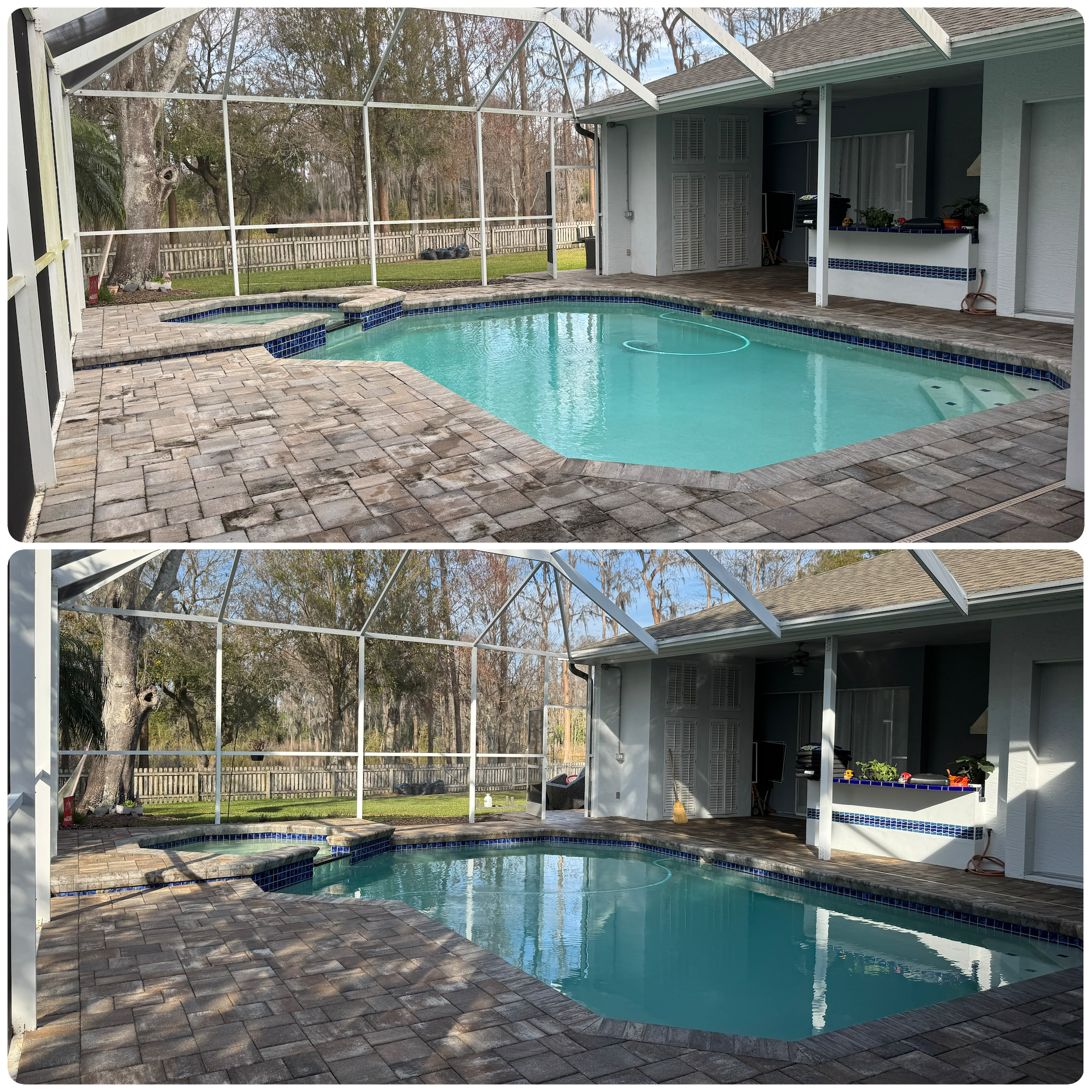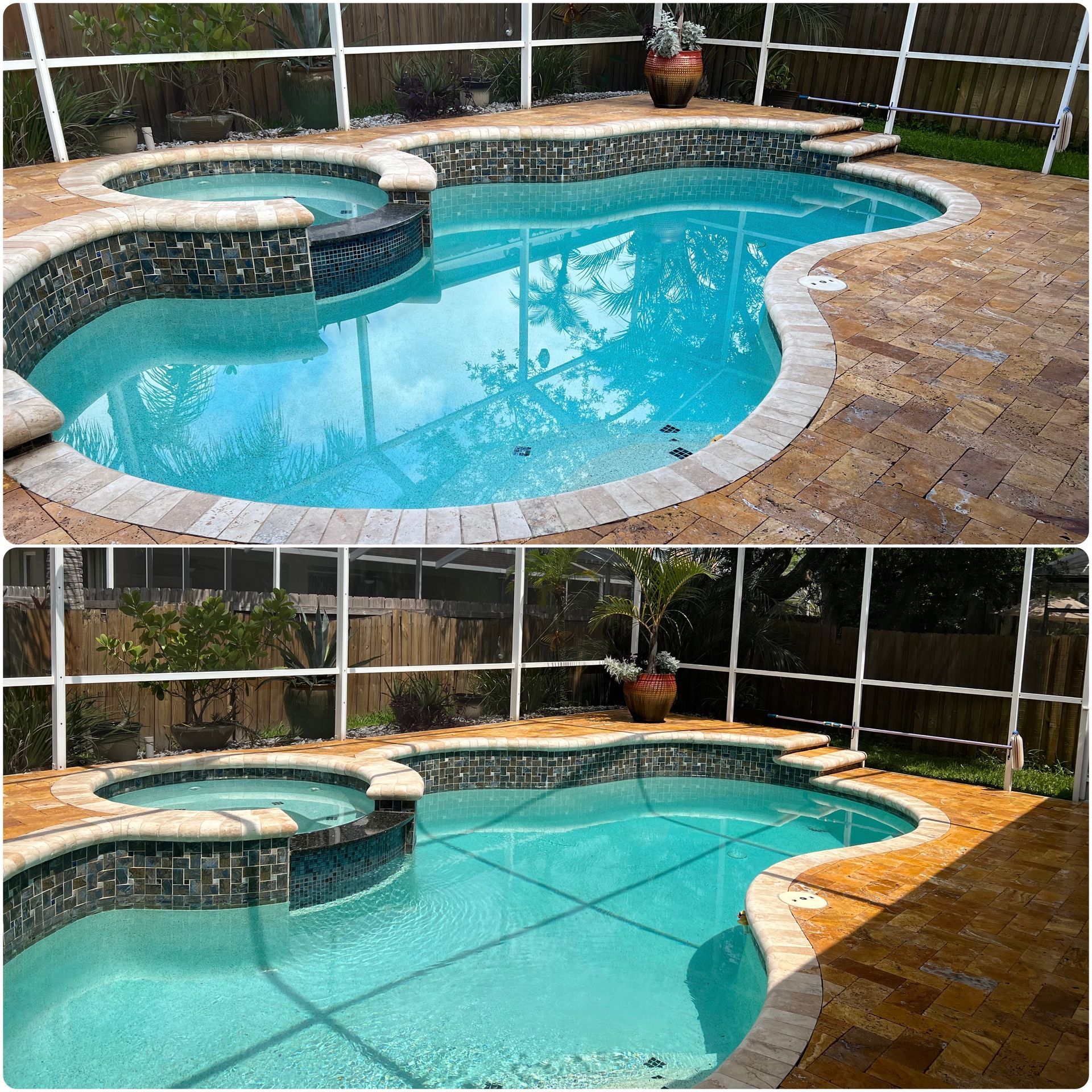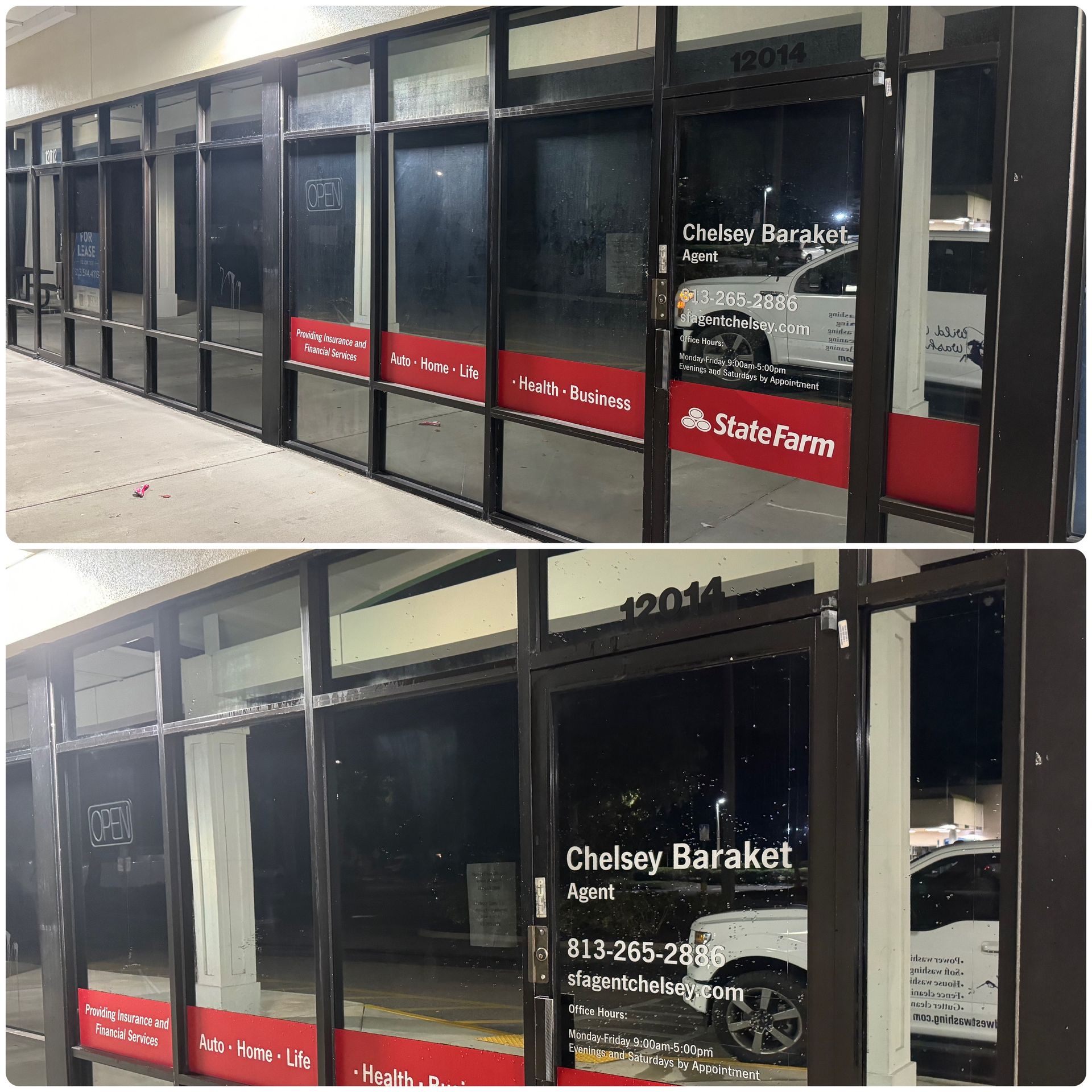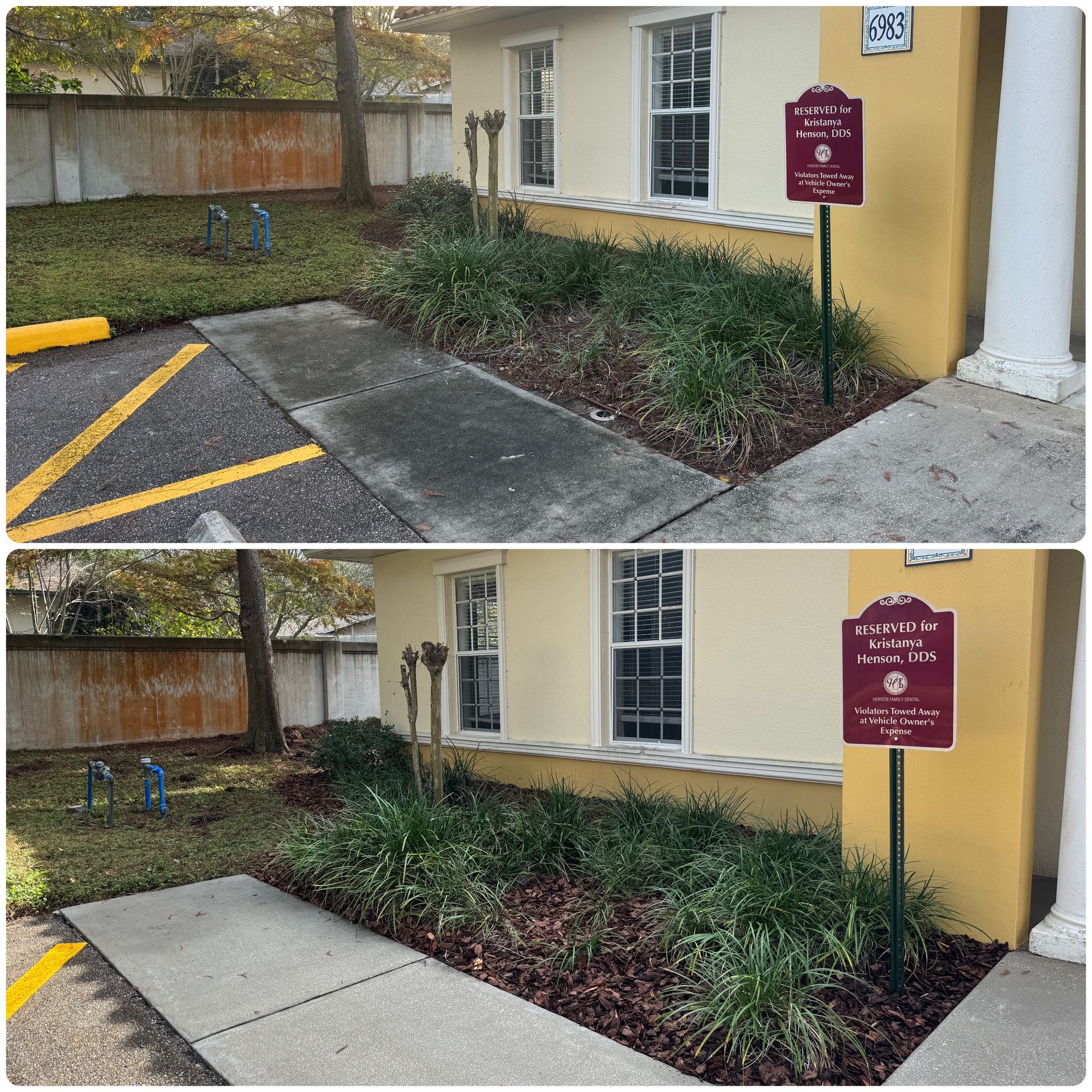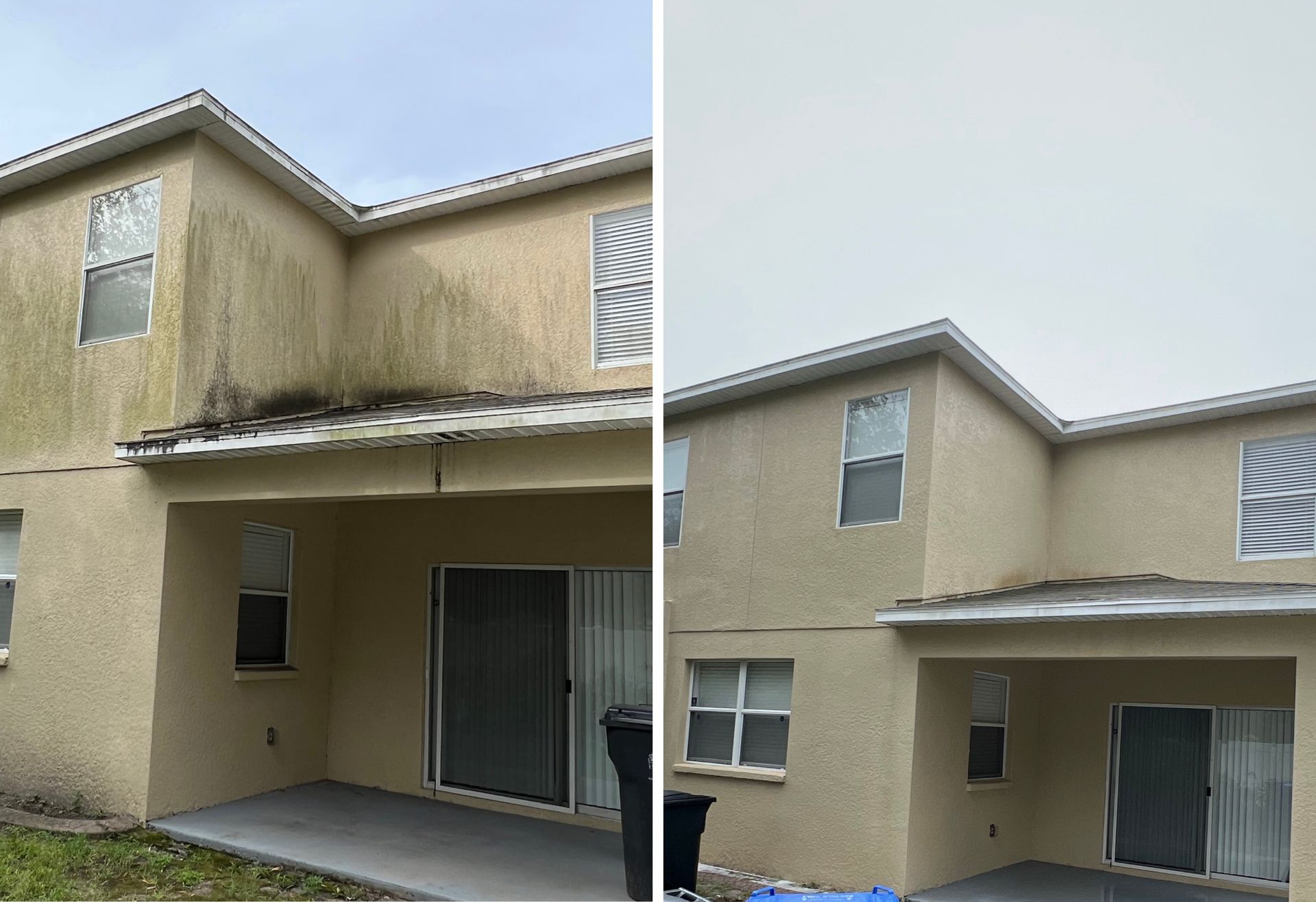Pressure Washing
Pressure washing, also known as power washing, is a cleaning method that uses high-pressure water spray to remove dirt, grime, mold, mildew, and other unwanted substances from various surfaces. It is commonly used to clean outdoor areas such as sidewalks, driveways, decks, patios, fences, and buildings. The process involves using a specialized machine that pumps water at a high pressure through a nozzle, creating a powerful jet of water. The force of the water, combined with sometimes added cleaning solutions, helps to dislodge and wash away accumulated dirt and contaminants. Pressure washing can be a highly effective and efficient cleaning method, as it can quickly remove stubborn stains and buildup that may be difficult to clean with traditional methods. It can revitalize the appearance of surfaces and improve their overall condition.
As for how you can help with pressure washing, here are a few ways:
- DIY Pressure Washing: If you have a pressure washer or can borrow one, you can clean surfaces around your home or property yourself. However, it's important to learn how to operate the machine safely and use the appropriate pressure settings and cleaning solutions for each surface to avoid causing damage.
- Hiring Professionals: If you don't have the equipment, time, or expertise to perform pressure washing yourself, you can hire professional pressure washing services. They have the necessary equipment, experience, and knowledge to clean a variety of surfaces effectively and safely while doing so efficiently.
- Maintenance and Regular Cleaning: Regular pressure washing can help prevent the buildup of dirt, grime, and contaminants, extending the lifespan and maintaining the appearance of various surfaces. By incorporating pressure washing into your maintenance routine, you can contribute to the cleanliness and preservation of your property.
- Environmentally Friendly Practices: When using pressure washing, it's essential to consider environmental impact. Ensure that any cleaning solutions used are eco-friendly and safe for plants and animals. Additionally, avoid excessive water usage by using appropriate pressure settings and targeting specific areas that require cleaning rather than wastefully spraying water everywhere.
Remember, if you're performing pressure washing yourself, always follow safety guidelines and take necessary precautions to protect yourself and others around you.

